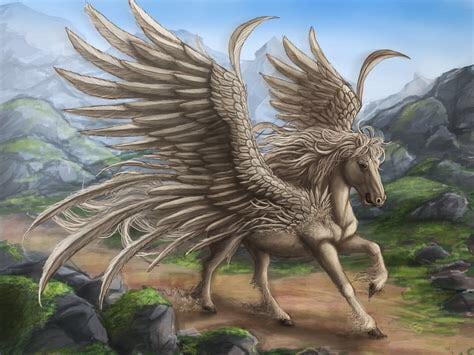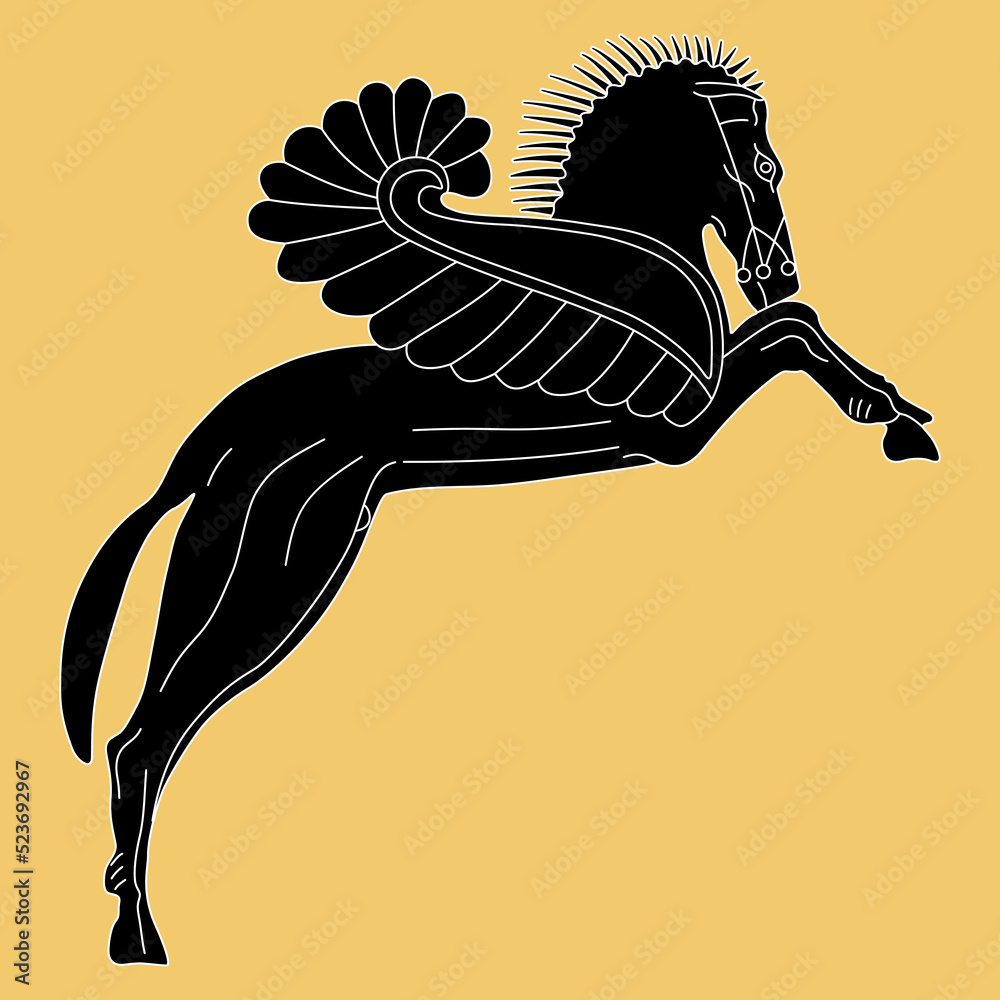Pegasus and Other Winged Horses in Mythology

Winged horses have captivated human imagination for centuries, symbolizing freedom, power, and the divine. Among these mythical creatures, Pegasus stands out as the most famous, but many cultures have their own versions of winged horses with rich stories and symbolism.
Pegasus: The Legendary Winged Horse
Pegasus is a prominent figure in Greek mythology, known as a majestic white horse with large, powerful wings. Born from the blood of Medusa when Perseus beheaded her, Pegasus is often associated with inspiration and poetic genius. He served the hero Bellerophon, helping him defeat the monstrous Chimera.
Key Attributes of Pegasus
| Attribute | Description |
|---|---|
| Origin | Born from Medusa’s blood |
| Appearance | White horse with large wings |
| Symbolism | Inspiration, freedom, heroism |
| Mythological Role | Companion to heroes, symbol of divine favor |
Other Winged Horses in Mythology
Tianma (China)
Tianma, or “Heavenly Horse,” is a winged horse in Chinese mythology. It symbolizes speed, endurance, and the connection between heaven and earth. Tianma is often depicted in ancient Chinese art and literature as a divine steed that carries gods or heroes.
Al-Buraq (Islamic Tradition)
Al-Buraq is a mythical creature described as a winged horse or steed that transported the Prophet Muhammad during the Night Journey (Isra and Mi’raj). It represents divine speed and spiritual elevation.
Uchchaihshravas (Hindu Mythology)
Uchchaihshravas is a seven-headed flying horse that emerged during the churning of the ocean (Samudra Manthan). It is considered the king of horses and symbolizes royalty and divine power.
Symbolism and Cultural Impact
Winged horses often symbolize transcendence, freedom, and the link between the earthly and the divine. They appear in art, literature, and modern media, inspiring countless adaptations and interpretations.
Frequently Asked Questions (FAQ)
Q1: What does Pegasus symbolize?
A1: Pegasus symbolizes inspiration, poetic genius, freedom, and heroism.
Q2: Are winged horses real?
A2: Winged horses are mythical creatures and do not exist in reality, but they hold significant cultural and symbolic meaning.
Q3: Which cultures have winged horse myths?
A3: Greek, Chinese, Islamic, and Hindu mythologies all feature winged horses with unique stories.
Q4: What is the significance of Al-Buraq?
A4: Al-Buraq represents divine speed and spiritual journey in Islamic tradition.
Conclusion
Winged horses like Pegasus and others across various mythologies continue to inspire and symbolize the human desire to transcend earthly limits and connect with the divine. Their stories enrich cultural heritage and fuel creative expression worldwide.
